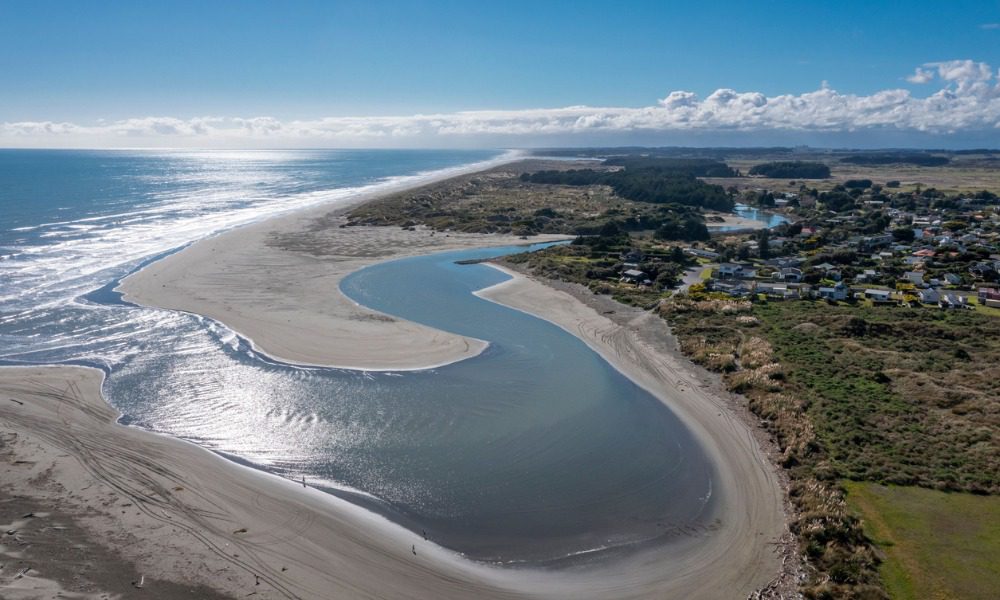Kāpiti Coast residents challenge council over sea level rise report

Kāpiti Coast residents challenge council over sea level rise report | Insurance Business New Zealand
Catastrophe & Flood
Kāpiti Coast residents challenge council over sea level rise report
Impact on insurance highlighted
Catastrophe & Flood
By
Roxanne Libatique
Residents of Kāpiti Coast are calling on their local council to discard a report addressing how to protect homes from the threat of sea level rise.
For over a decade, the Kāpiti Coast District Council and the residents have been in disagreement over mapping the areas at the highest risk.
Kāpiti Coast’s efforts to protect homes from sea level rise
A panel of experts led by former Prime Minister Jim Bolger held more than 20 community meetings to address these concerns.
In 2012, the council attempted to include erosion warnings on Land Information Memorandums (LIMs), but residents challenged the scientific basis of these warnings, leading to court cases. Although the council initially won in court, an independent panel later found the scientific evidence lacking, resulting in the removal of the information.
The council renewed its efforts in 2021, launching a project to map future hazards due to climate change. Recently, protesters gathered outside the council offices before attending a meeting where the report was officially received.
The report, produced by the coastal advisory panel after more than a year of work, presented various options for the district, from engineering solutions to managed retreat, which would require some residents to relocate.
Tanya Lees, from the group Kāpiti CALM (Calm Alarming Law Madness), voiced fears that insurance companies might use the report to deny coverage.
“And if the insurance companies pull out, that means that people can’t service their mortgages anymore, the banks need a property which is insured,” she said, as reported by RNZ.
Residents also questioned the scientific foundation of the mapping.
“There are a lot of people, a lot of experts, who do not agree with this,” Lees said. “This seems to be cherry-picked information, following a certain narrative, perhaps.”
The council reported receiving nearly 4,000 pieces of feedback and consulting a range of technical experts, evidence, and mana whenua knowledge. It said it will consider the report’s impact on future district planning decisions.
The study revealed that 86% of participants now view climate change as a significant factor when purchasing a home, compared to 55% two years ago. Weather and natural disaster risks have become the second most important consideration after pricing, surpassing factors like crime rates, school zones, and public transportation.
Related Stories
Keep up with the latest news and events
Join our mailing list, it’s free!






